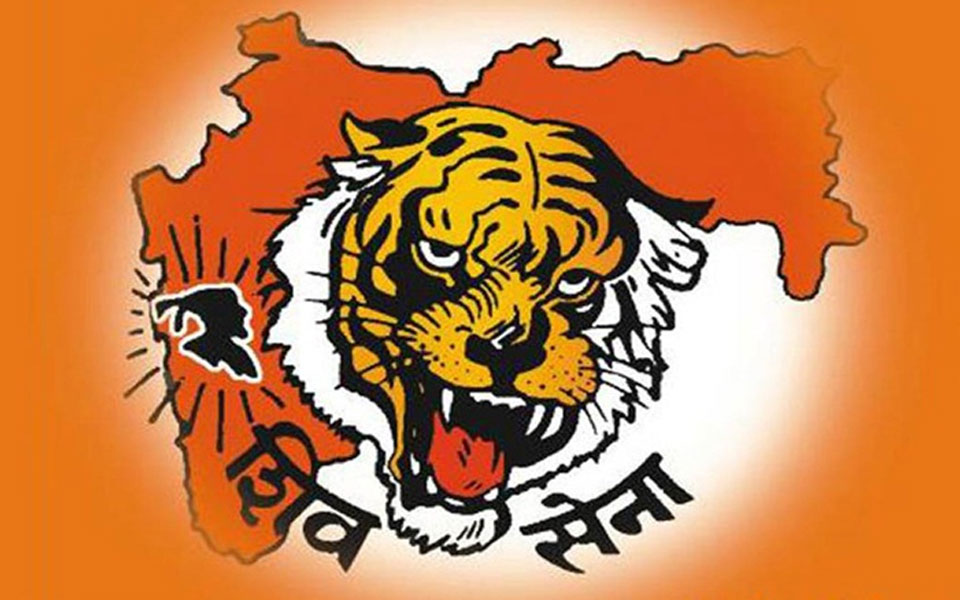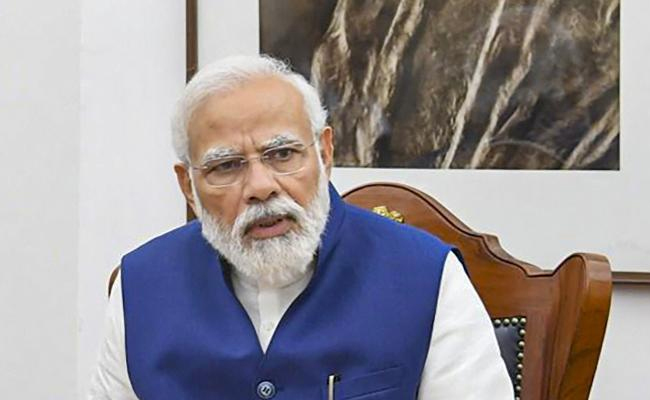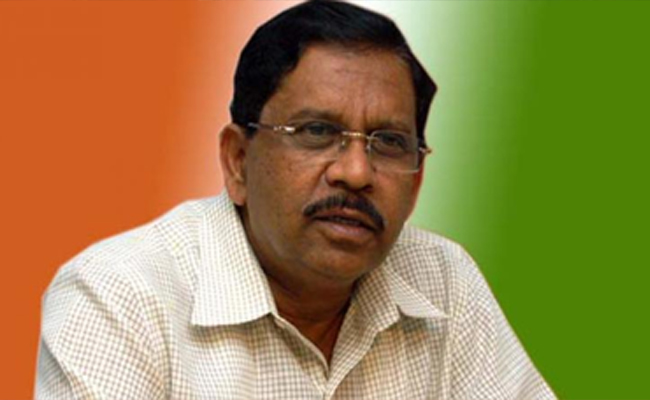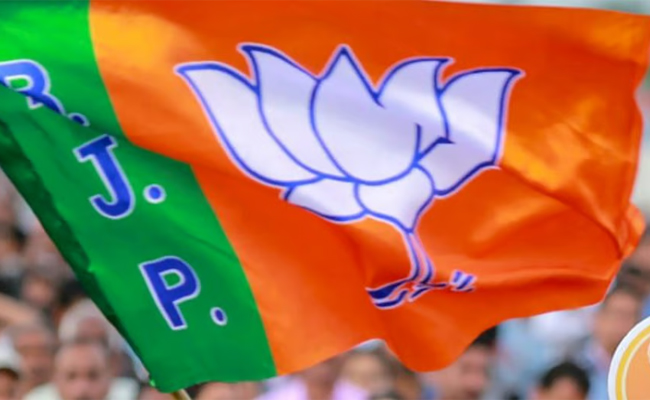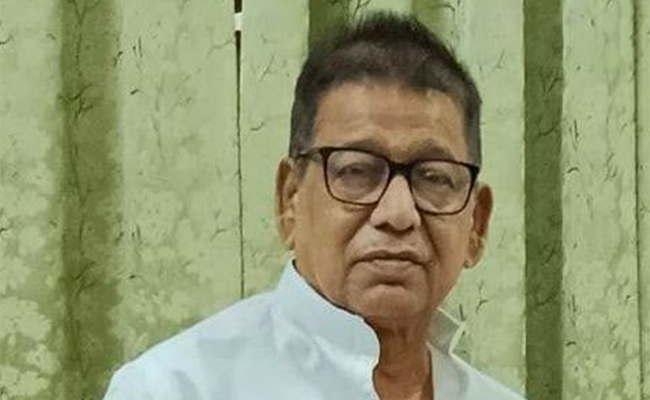Mumbai, July 2 : Despite having low numbers in Parliament and losing power in many states, the Congress is still the only party which enjoys national acceptance and no opposition unity is possible without it, the Shiv Sena said on Monday.
Commenting on the ongoing unity efforts among major opposition parties in the run-up to the 2019 Lok Sabha elections, the Sena said all the opposition parties were essentially regional forces, unlike the Congress which remains a "national force" by all reckoning.
"The real problem before the opposition parties is whether to accept Rahul Gandhi's leadership or not as there are many aspirants for the post of Prime Minister among opposition leaders," the Sena said in edits in its mouthpieces "Saamana" and "Dopahar Ka Saamana".
Dwelling on the current political scenario, it said the secret of the Bharatiya Janata Party's success was that it enjoyed a majority in Parliament, had huge wealth at its command, could "buy" anything with the added advantage of disunity in the opposition.
"In spite of all this, BJP's failures are evident and there is anger among the people. All allies have abandoned it and now it has dawned on BJP that only the regional parties can help it sail through the 2019 elections," the Sena said.
Asserting that "there is no alternative to Prime Minister Narendra Modi within the BJP", which also suffers from a "trust" deficit, the Sena noted that the party had so far benefited only from the disarray in opposition ranks.
"In this scenario, if the BJP's tally falls by over 100 seats, then will it get MPs from Vladimir Putin or Donald Trump or the UAE?
"In the past four years, people (in India) have gone against the BJP, but it has secured friendship of Putin and Trump... But how will this help in the elections?" the Sena wondered.
Criticising NCP President Sharad Pawar's observations that an "opposition front may not be possible before the next elections", the Sena said it appeared a part of "Pawar Pattern" to create scepticism and everyone was left speculating whether the "disciple" was speaking through the "guru" - a reference to Modi's statement a few years ago in Pune that he considered Pawar his "political guru".
Among the opposition parties, there were several contenders for the post of Prime Minister -- Mamata Banerjee, Mayawati, Akhilesh Yadav, M.K. Stalin, N. Chandrababu Naidu, Naveen Patnaik, K. Chandrashekhar Rao and even the 85-year old former Prime Minister, H.D. Deve Gowda.
"The chariot is ready, and though the wheels are missing, several horses are already in the saddle... It is not even clear yet whether it will be named a Third Front or a Fourth Front," said the Sena, which has decided to go it alone in all future elections.
However, what they (opposition) cannot ignore is the scare Rahul Gandhi gave to the BJP in both Gujarat and Karnataka Assembly elections. But now all the opposition parties also were in a quandary whether to accept his (Rahul's) leadership or not.
"A strong opposition is essential for a powerful democracy... In the interest of democracy, the opposition parties must concede as soon as possible to Rahul Gandhi who has scared the BJP... And the BJP is known for breaking the opposition to grab power," the Sena cautioned.
Let the Truth be known. If you read VB and like VB, please be a VB Supporter and Help us deliver the Truth to one and all.
New Delhi: A remark made by an American journalist about Prime Minister Narendra Modi’s foreign policy stance towards Israel has triggered discussions online after a clip from a recent broadcast went viral on social media.
Ana Kasparian, co-host and executive producer of the progressive US news programme The Young Turks (TYT), made the comment while discussing Israel’s influence on global alliances and the foreign policies of various countries.
During the segment, Kasparian said: “It looks like Narendra Modi opening up his legs to Israel. Congratulations.”
The statement came in the context of a broader discussion by the programme’s hosts on Israel’s relations with global powers. Kasparian and her co-host Cenk Uygur criticised what they described as one-sided alliances with Israel and argued that such partnerships could draw countries into conflicts in the Middle East.
The discussion also touched on India’s growing strategic ties with Israel, including cooperation in defence, technology and agriculture. Some foreign media outlets have recently highlighted India’s positions in international forums, including votes related to the Gaza situation at the United Nations, as evidence of a shift in its traditional foreign policy stance.
The clip from the broadcast has circulated widely on social media platforms, with users in India and abroad sharing and debating the remark. Some users translated the comment into Hindi and other languages, further expanding its reach online.
Kasparian has previously drawn criticism from pro-Israel groups for her comments on the Israel-Gaza conflict. Her remarks in the latest broadcast have also prompted mixed reactions online, with some users condemning the language used and others engaging in discussions about India’s foreign policy alignment.
Dear @narendramodi ,
— Roshan Rai (@RoshanKrRaii) March 5, 2026
Look what this American Journalist is calling you.
Unacceptable, please send a team of Delhi Police to Los Angeles and get her arrested ASAP under NSA.
pic.twitter.com/F7TqlV54Lz

